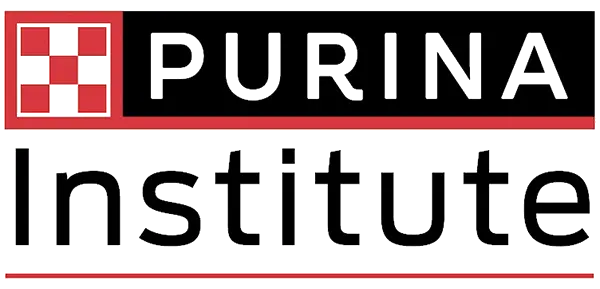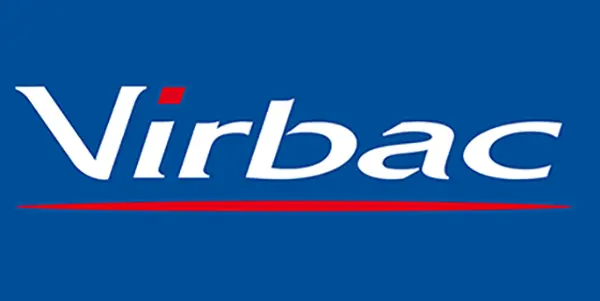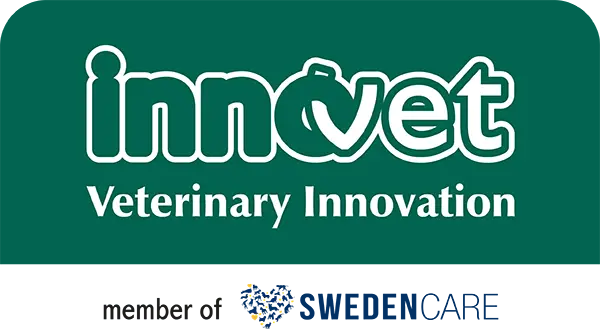
Simon Priestnall
Med Vet, BSc(VetPath), BVSc, PhD, PGC(VetEd), FHEA, FRSB, FRCPath, Dipl ACVP, FRCVS
Simon qualified as a veterinary surgeon from the University of Bristol, UK having undertaken an intercalated degree in Veterinary Pathology at the Royal Veterinary College (RVC), London which sealed his career path into pathology.
Following graduation Simon embarked on a PhD at the RVC working on a novel canine respiratory coronavirus, followed by specialist clinical training in anatomic pathology, also at RVC, culminating in board certification by the American College of Veterinary Pathologists (ACVP) and Fellowship of the Royal College of Pathologists (FRCPath).
Simon joined RVC faculty in 2011 and has held various roles from Course Director (BSc Comparative Pathology), Rotation and Residency Director and latterly Head of Pathology.
Simon is Professor of Veterinary Anatomic Pathology and was appointed Head of the Department of Pathobiology and Population Sciences in 2023 and has responsibility for a diverse group of units including the Diagnostic Laboratories to the RVC’s Farm.
Simon is passionate about training veterinary pathologists of the future and has served as both a senior examiner for the Royal College of Pathologists and member of the ACVPs Certifying Exam Committee for several years.
In addition to teaching and clinical diagnostic service, Simon contributes to provision of Experimental Histopathology consultancy to the Francis Crick Institute in London. Simon maintains an active research profile, having authored over 150 research papers and various textbook chapters with particular expertise in gastrointestinal and respiratory pathology and has supervised a number of PhD and masters students. Simon is a Fellow of the Royal College of Veterinary Surgeons and previous President of the British Society of Veterinary Pathology.
Simon is an avid (obsessive) birder and ornithologist with a current (March 2025) life total of 3,205 species seen out of a total of approx. 11,000 species worldwide. He enjoys foreign travel from the tropics to the arctic, always with binoculars, and even breaks at scientific meetings and conferences provide opportunities to see new species!

 IT
IT  EN
EN 














